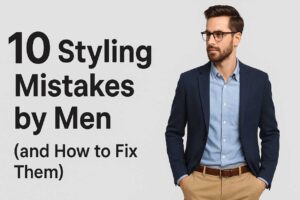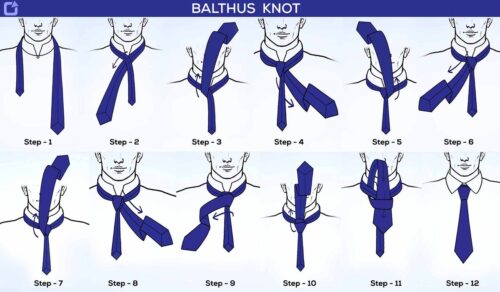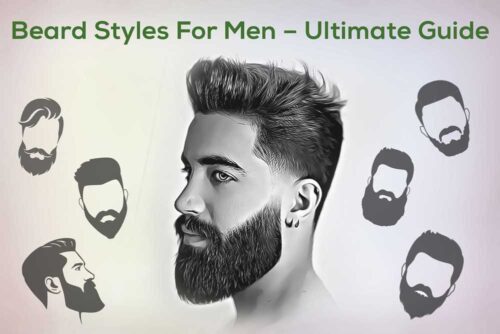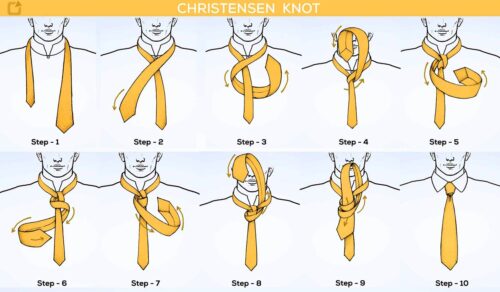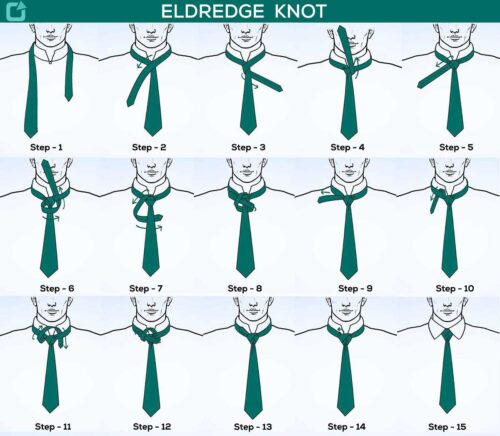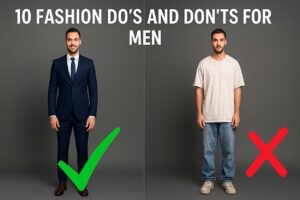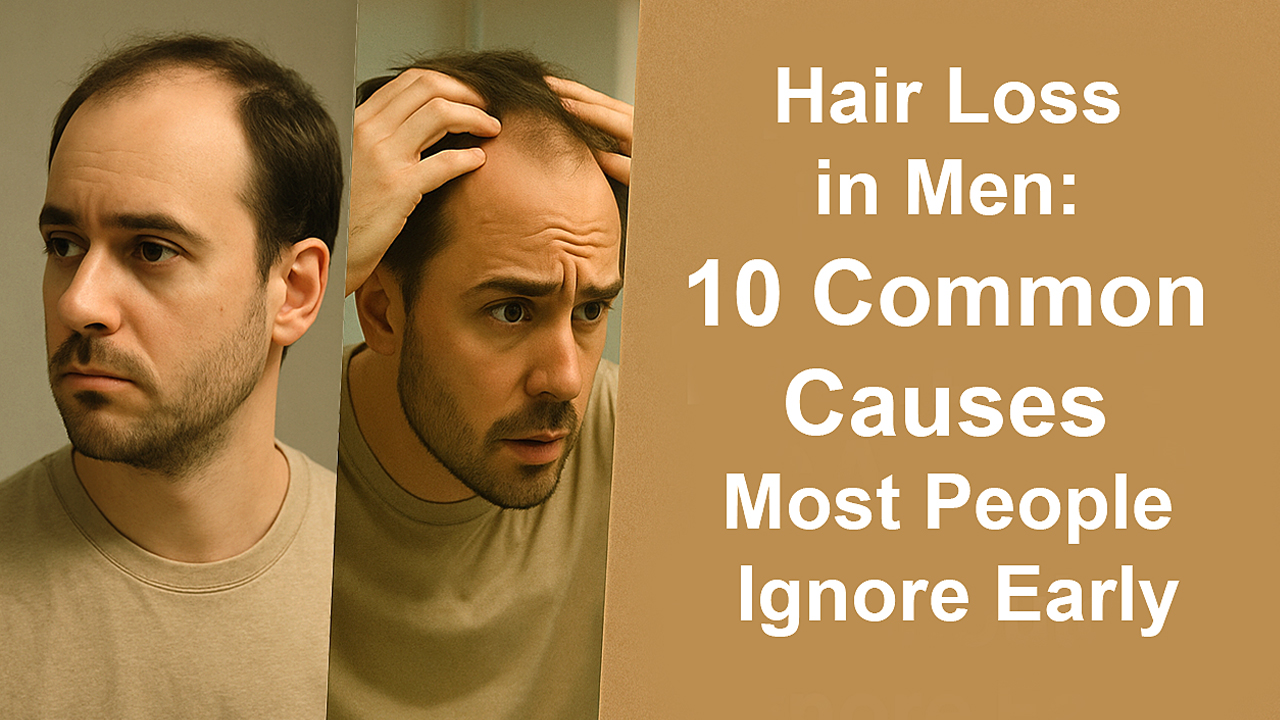
Hair Loss in Men: 10 Common Causes Most People Ignore Early
Hair loss in men is a gradual process, not an overnight event. But by the time most men notice it, it’s already well underway. The truth? Early warning signs often go unnoticed, and preventable causes are ignored. This post reveals the most overlooked triggers of hair loss and explains how to spot the early signs—before it’s too late.
What Is Hair Loss in Men?
Hair loss in men is the gradual thinning or shedding of hair from the scalp, primarily caused by genetics, hormonal changes, poor lifestyle habits, and scalp health issues. Early detection and awareness of its root causes can help slow down or prevent excessive hair loss.
In this blog post, we dive deep into:
1)- Early Signs of Hair Loss Most Men Overlook
2)- Top 10 Hidden Causes of Hair Loss in Men
3)- How to Stay Ahead of Hair Loss: Practical Awareness Tips
4)- FAQs
Early Signs of Hair Loss Most Men Overlook
Before we explore the causes, let’s identify red flags that indicate early hair loss:
A receding hairline, especially near temples
Thinning crown area
Excess hair on pillow, comb, or in the shower
Visible scalp under direct light
Scalp itchiness or flakiness
Recognizing these signs early can make all the difference in protecting your hair.
Top 10 Hidden Causes of Hair Loss in Men
These common triggers are often underestimated or ignored until hair damage becomes noticeable:
1. Genetic Predisposition (Androgenetic Alopecia)
Hereditary hair loss affects over 50 million men in the U.S. If baldness runs in your family—especially on your mother’s side—it could begin as early as your 20s.
2. Poor Scalp Health
A flaky, oily, or irritated scalp can block follicles and weaken roots. Scalp issues like seborrheic dermatitis or psoriasis silently damage hair structure over time.
3. Chronic Stress
Stress spikes cortisol levels, pushing hair prematurely into the shedding phase (telogen effluvium). Many men overlook how burnout, anxiety, or emotional trauma affect hair health.
4. Lack of Sleep
Sleeping less than 6 hours regularly? It disrupts hormone cycles crucial for cell regeneration and hair follicle repair, accelerating hair thinning.
5. Nutritional Deficiencies
Low intake of iron, zinc, biotin, protein, and Vitamin D directly weakens hair structure. Even crash diets or poor gut health can limit nutrient absorption.
6. Harsh Hair Styling and Heat Damage
Frequent blow-drying, straightening, or using alcohol-based gels causes microdamage to hair shafts and follicles. These effects are cumulative.
7. Tight Hairstyles and Headwear
Constantly tying hair back or wearing tight caps/helmets can trigger traction alopecia—hair loss from repeated pulling on roots.
8. Hormonal Imbalances
Beyond testosterone, imbalances in thyroid, insulin, or DHT (dihydrotestosterone) levels can shrink follicles. A blood panel can reveal hidden hormone issues.
9. Environmental Pollutants & Water Quality
Hard water, UV rays, and air pollutants strip hair of protective oils and cause buildup on the scalp, suffocating follicles.
10. Sudden Weight Loss or Crash Dieting
Extreme calorie deficits confuse your body into survival mode—halting hair growth to conserve energy. Hair becomes brittle and starts shedding within weeks.
How to Stay Ahead of Hair Loss: Practical Awareness Tips
You don’t need pills or procedures to begin protecting your hair. Instead, focus on these mindful habits:
Track your hairline regularly using photos every 3–6 months
Keep your scalp clean with mild, pH-balanced products
Avoid high-heat tools and aggressive brushing
Notice lifestyle changes—diet, sleep, stress—and their impact
Talk to a dermatologist early if symptoms persist or worsen
People Also Read:
FAQs About Hair Loss in Men.
1. What is the main reason for hair loss in men?
The most common reason is genetic predisposition (androgenetic alopecia), followed by stress and poor scalp health.
2. At what age does hair loss typically start in men?
Hair loss can begin as early as the late teens or early 20s, but most commonly appears in the 30s and 40s.
3. Can poor sleep and stress really cause hair loss?
Yes. Chronic sleep deprivation and emotional stress are both proven triggers for telogen effluvium, a condition causing rapid hair shedding.
4. Does frequent shampooing cause hair loss?
Not if you use a gentle, sulfate-free shampoo. In fact, keeping the scalp clean helps prevent clogged follicles.
5. How do I know if my hair loss is normal or a problem?
If you’re losing more than 100 hairs per day consistently or notice pattern-based thinning, it’s time to consult a professional.
Conclusion: Awareness Is Your First Line of Defense
Hair loss in men doesn’t have to be inevitable. By paying close attention to early signs and understanding hidden causes—from genetics to stress—you can take control before it’s too late. Prevention starts with awareness.
Protect your crown—don’t wait for it to disappear.
GADGETS
Body Mass Index Calculator
Ideal Body Weight Calculator
Body Fat Percentage Calculator
